In the past, you have probably been able to find a list of all sorts of things that electrical tape can do. Whether it was for fixing a broken wire or wrapping up an extension cord, people swore by their trusty roll of electrical tape. But what about its capabilities in wet conditions? Can it actually keep water away from an outlet and prevent electrocution? Read this article to learn more.
Is Electrical Tape Waterproof?
Electrical tape is not waterproof. The adhesive may become slippery in wet conditions, which can cause it to come off of surfaces. There are specific tapes made for use on water-resistant materials like rubber or plastic that will hold up better in the rain and other wet weather, but they still aren’t fully waterproof.
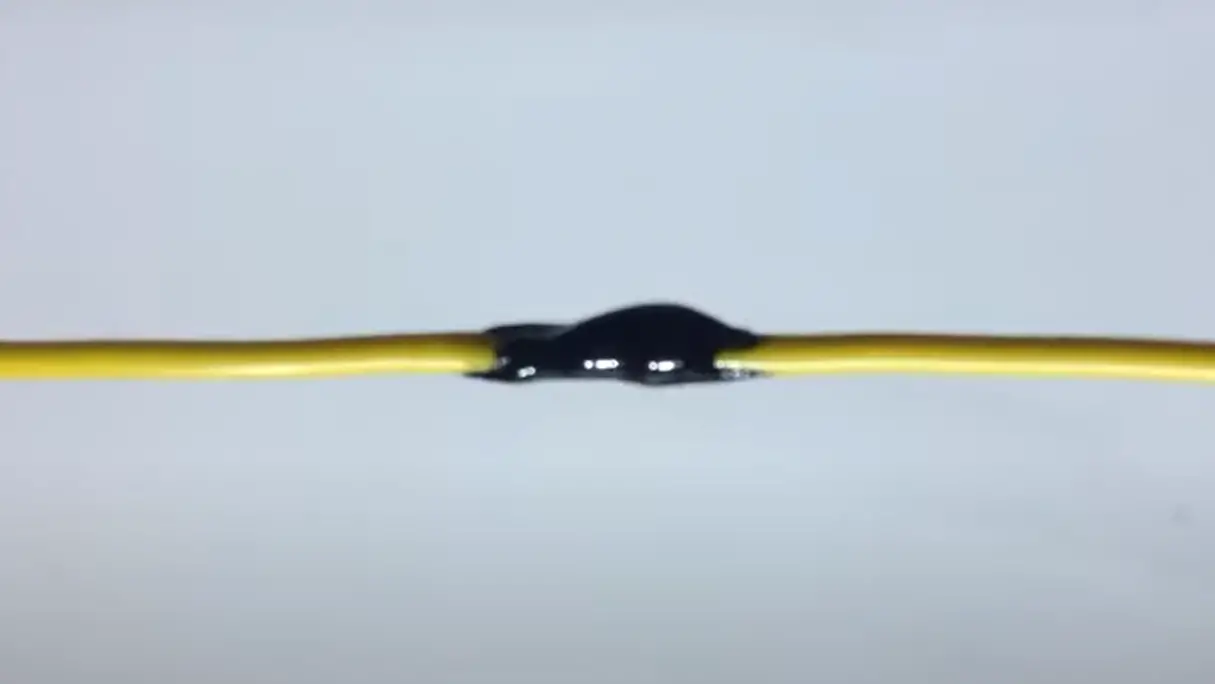
You can use electrical tape to keep things waterproof temporarily, but if the object is going into wet weather for an extended period of time you should find a different type of sealing solution.
How Waterproof Is Electrical Tape?
One of the most common uses for electrical tape is to provide waterproofing. It works well, but not perfectly. Electrical tape does make a good seal against water and other elements like wind or dust—but it isn’t perfect. If you plan on using your electrical tape in an area that could be exposed to rain, sleet, snow, or high humidity levels then I recommend finding something better suited for this purpose.
Monomeric and Polymeric Structures
The type of tape that you use makes a difference in the amount of protection it will provide. The monomeric structure is made up of straight lines and doesn’t hold together well, but serves as an insulator against low voltage currents. If your electrical tape has this kind of structure then it may not be able to stand up to water or high humidity levels for very long—even when applied properly.
Polymeric tapes are designed for outdoor applications and feature cross-linked polymer chains (usually PVC) which give them more strength, flexibility, durability, and resistance to weathering than their monomeric counterparts. This means they can last longer when exposed to rain or other outdoor elements like sleet or snow without becoming brittle or breaking down.
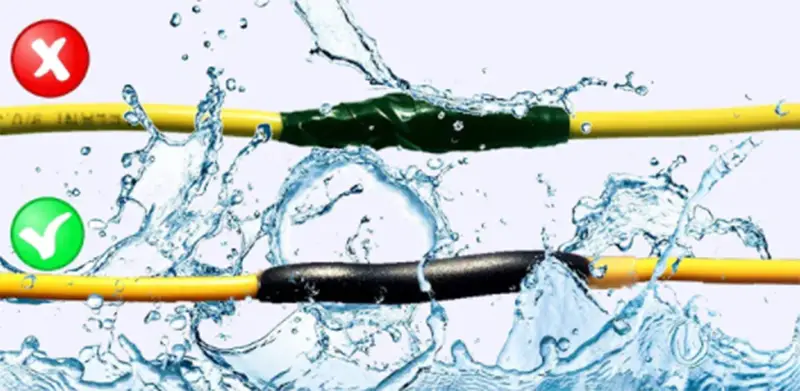
Waterproofing electrical tape will usually be made from a polymeric structure, but there are some manufacturers that add silicone or other substances to their tapes in order to provide even more protection against water and weather damage. If you plan on using your tape outside then I would recommend finding one of these enhanced products instead of just going with the cheapest option—especially if it is for an outdoor appliance or application where safety could become an issue due to exposure.
What Kind of Tape Is Waterproof?
There are 7 main types of tapes:
- Polyvinyl Chloride Tape
- Polytetrafluoroethylene Tape
- Rubber Tape
- Mastic Tape
- Vinyl Tape
- Polyester Tape
- Self Amalgamating Tape
Polyvinyl Chloride Tape
Polyvinyl Chloride Tape is made up of plastic, which makes it pretty resistant to water. It’s also highly flexible and very easy to use – you can cut this tape with a pair of scissors!
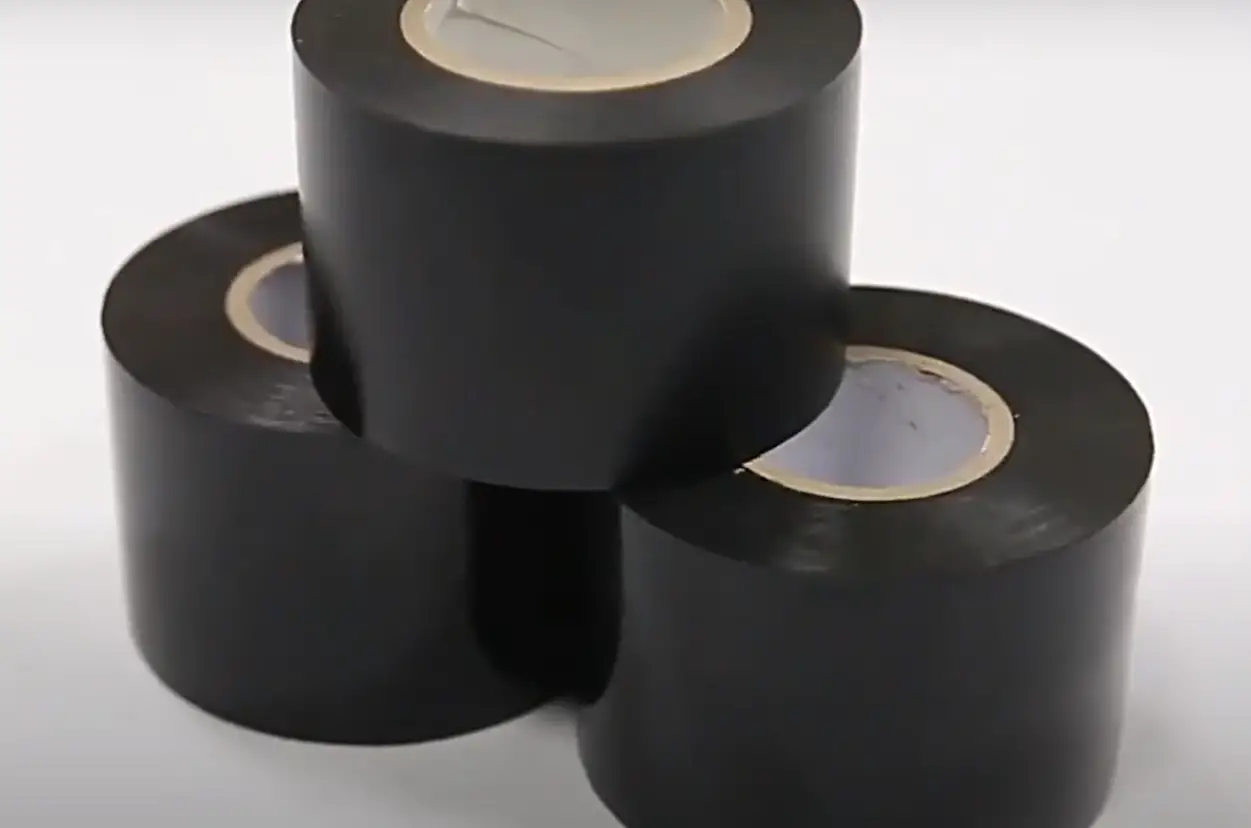
This type of tape has some disadvantages though: it doesn’t last long in the sun or while exposed to heat, so if you’re looking for something that will stand up against sunlight (UV) exposure over time then perhaps one of the other types would be better suited for your project. Also, polyvinyl chloride tapes are not recommended around painted surfaces because they could cause paint peeling; try using them on concrete instead.
Polytetrafluoroethylene Tape
Polytetrafluoroethylene Tape is known to be very strong and durable. It’s also great for extremely cold weather, which makes it a good choice if your project will be used outside in the wintertime!
This tape has one main drawback – polytetrafluoroethylene tapes are not UV resistant, so they aren’t recommended around exterior surfaces that might get direct sunlight exposure over time (such as on boats or RVs). Polytetrafluoroethylene tape can tear easily too, but its strength does make this less of an issue. It may take some practice before getting the hang of using this type of waterproofing tape properly; you’ll want to use long pieces rather than small pieces, and make sure you overlap by at least half of the width to ensure maximum waterproofing.
Rubber Tape
Rubber Tape is stretchy and waterproof. It also has a high adhesive strength, which is why it’s used in many areas to keep water out. From an outside perspective, Rubber Tape seems like the perfect choice for electrical tape!
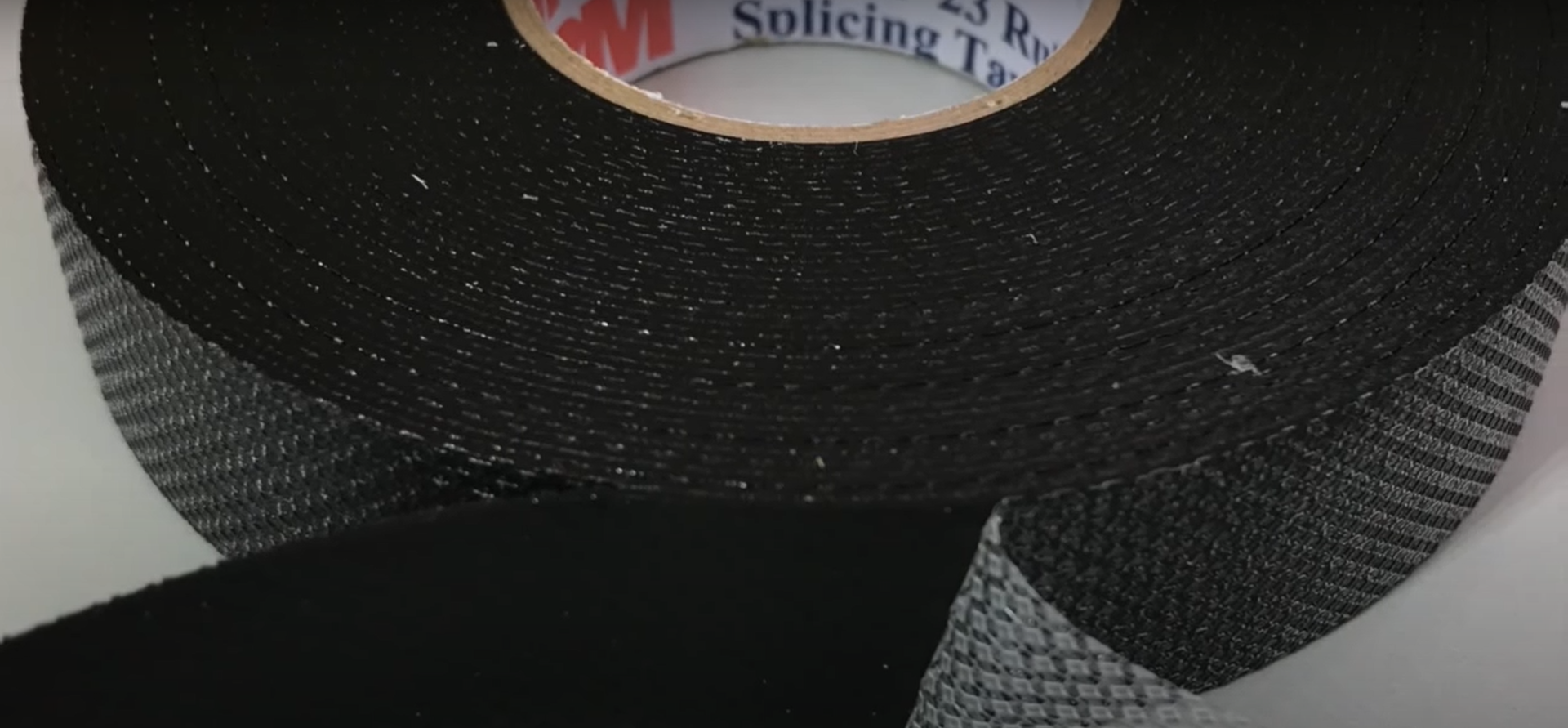
However, when you take a closer look at what it can do and how strong its hold actually is, there are clearly some limitations to this option. For one thing, rubber cannot handle extreme temperatures. If it gets too hot or cold, you will find that its adhesive strength is greatly reduced.
And then there’s the fact that rubber does not hold up well at all when exposed to UV rays from sunlight—which means Rubber Tape should never be used outdoors! As if these weren’t enough negatives for this tape type already, you also have to consider how quickly rubber deteriorates in any kind of acidic environment. This makes it a poor choice for electrical insulation purposes because many electronics are sensitive to acids and bases found in batteries and other battery-operated equipment.
Mastic Tape
Mastic Tape is made of mastic, which means it’s highly adhesive and also waterproof. It can be used on both wet and dry surfaces, so this type of tape would probably work well for your project. And because the main ingredient of this kind of tape is actually asphalt it will stand up against UV exposure over time too!
The downside? Mastic tape is usually brown in color and can be a little messy to work with. It’s also the least expensive of all tapes, so that means less adhesive strength than other brands.
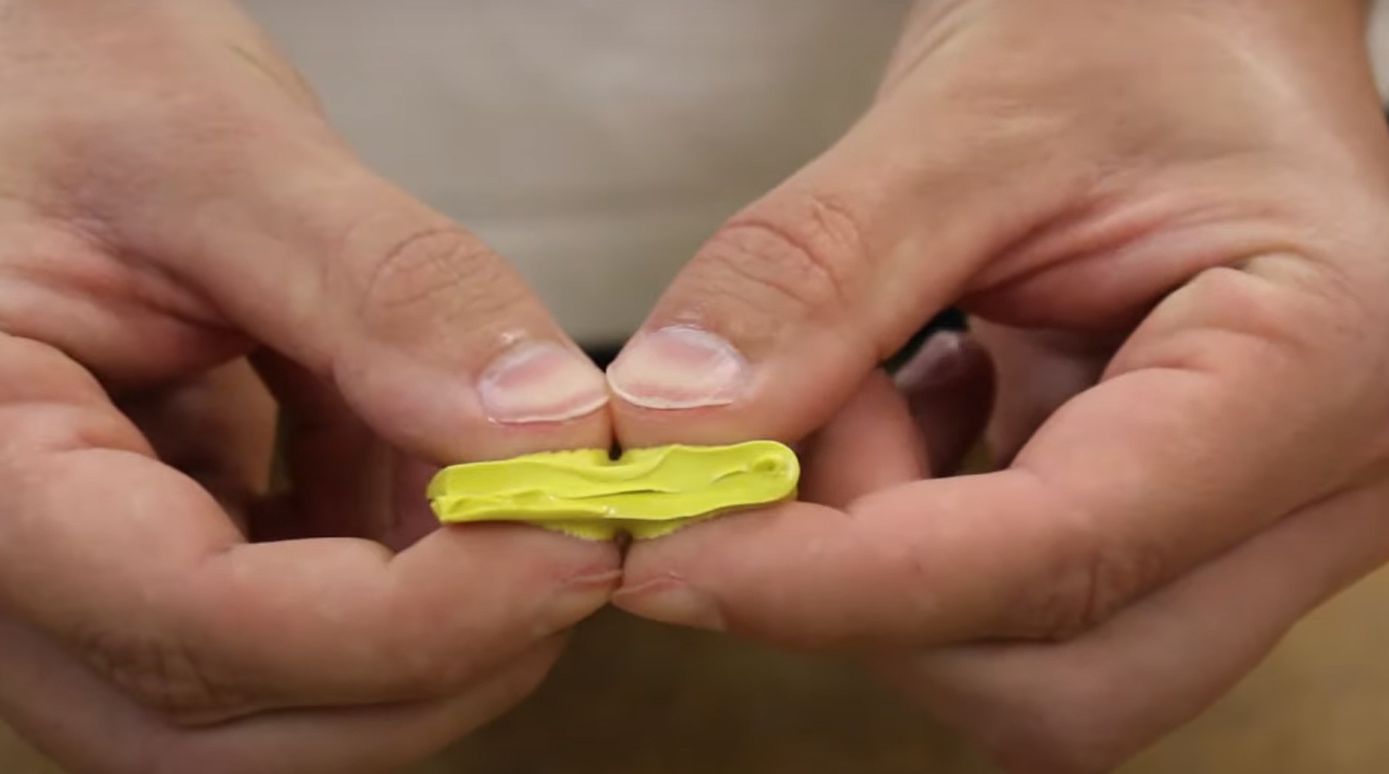
Even if they weren’t designed specifically for outdoor use, most types of electrical tape will work well for sealing up leaky joints around the outside of your project. And if you’re looking for a tape that’s extra durable then rubber is probably the way to go!
One thing to keep in mind is that the hold of mastic tape isn’t as strong as other types. If you need something with a stronghold, tape like Rubber Tape or Vinyl Electrical Tape might be a better choice.
Vinyl Tape
Vinyl tape is waterproof, has high adhesive strength and its flexibility makes it good for sealing up joints that are likely to get submerged in water or come into contact with rain (such as on gutters).
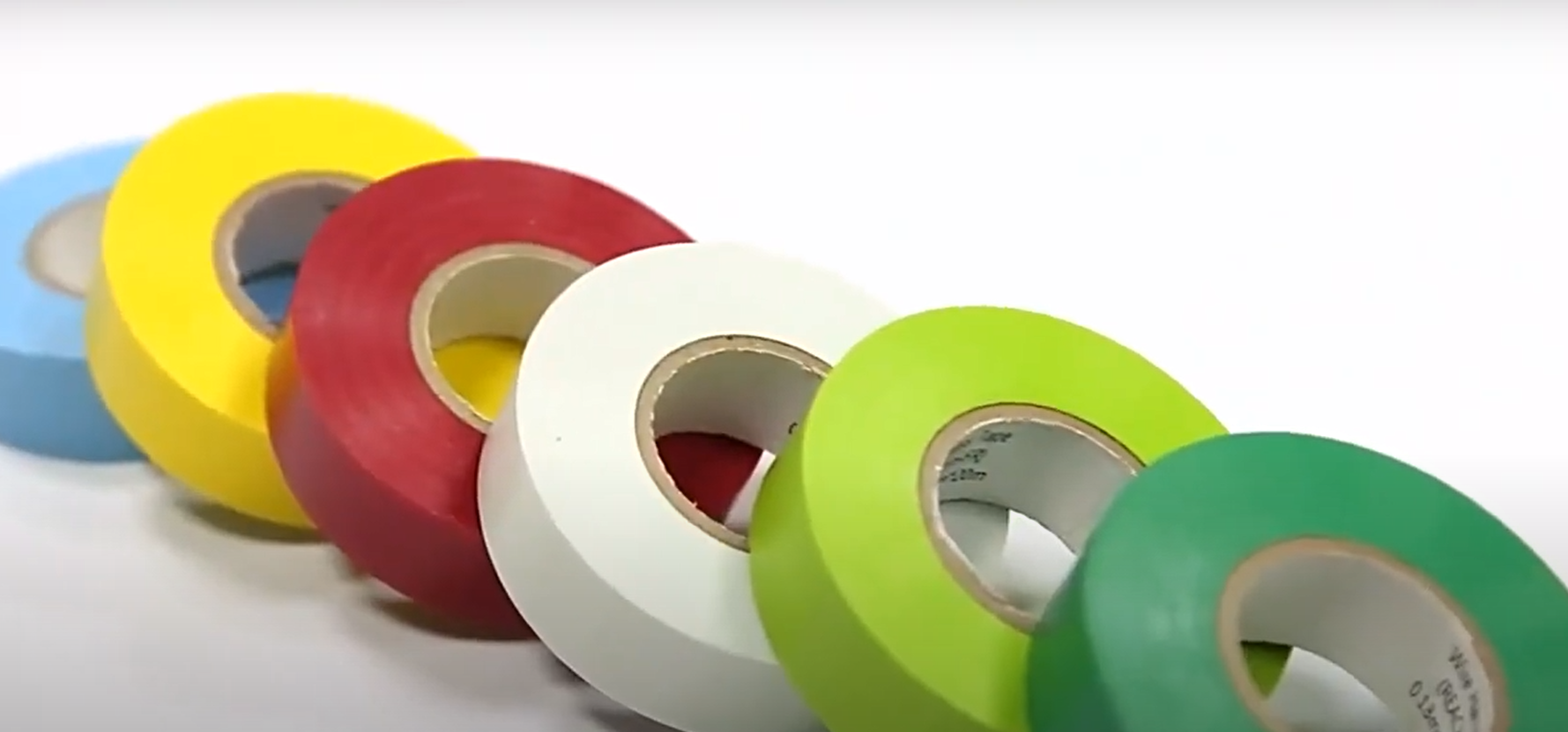
Vinyl tape is made from a synthetic rubber-based adhesive that’s been compounded to have the same thickness and softness as standard paper tape. It has high tensile strength, which makes it an ideal choice for tough outdoor use on items such as tool handles or sports equipment. Vinyl electrical tapes are often used in marine applications because they can withstand exposure to moisture, UV rays, and high humidity.
Vinyl tape is more expensive than standard tapes but it has good adhesion properties which make them a better choice for sealing purposes or wrapping around cables that are carrying large amounts of current because the electrical resistance will be lower. The adhesive layer on vinyl electrical tapes can also be easily removed from surfaces by using a solvent.
In order to make sure your vinyl tape doesn’t tear easily you’ll want to cut very long pieces rather than small ones, and make sure you overlap each piece by at least half the width for maximum waterproofing.
Polyester Tape
Polyester tape is not waterproof. The water will seep into the adhesive and cause corrosion, shorting out your electrical system in a matter of hours.
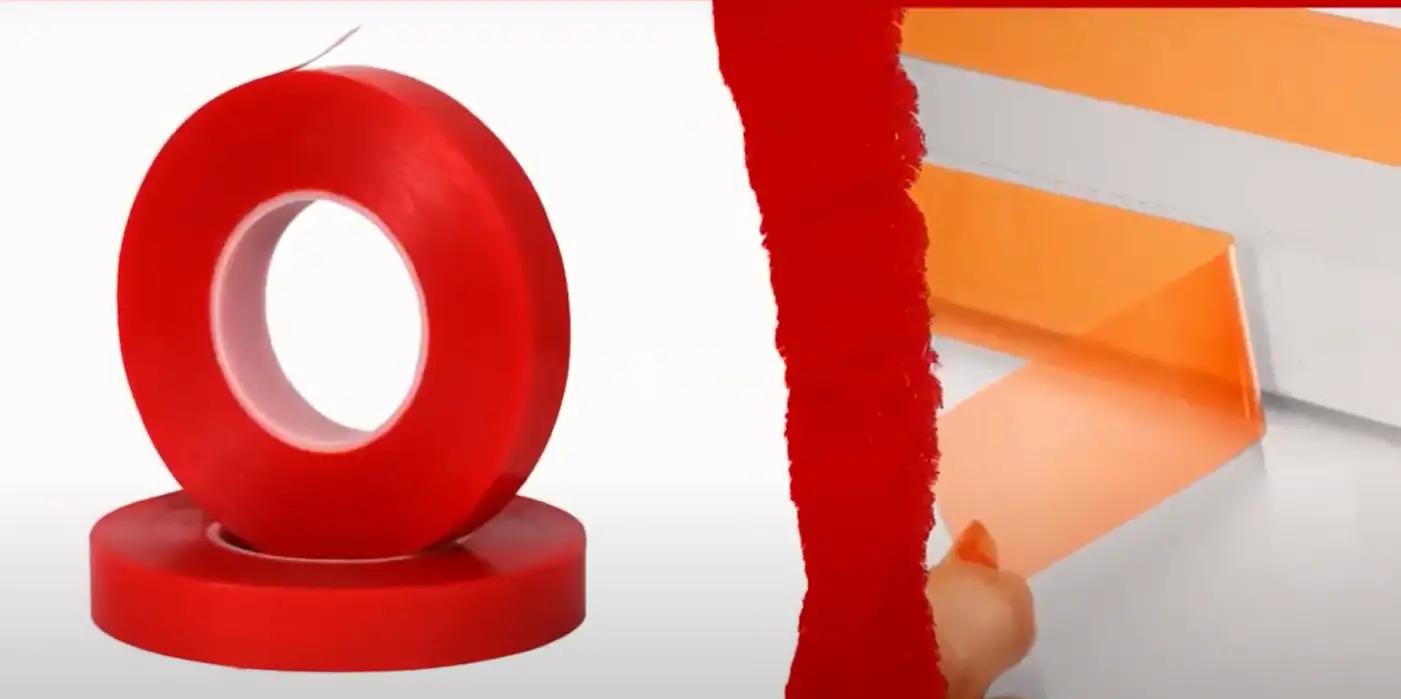
Polyester tape can be used to protect from moisture but should be applied over a waterproof seal.
Self Amalgamating Tape
Self Amalgamating Tape (also known as SELF-Am) is made from self amalgamation materials which means it can be sensitive to high temperatures and has an adhesive force that increases over time. It shouldn’t be used on surfaces that are hot such as engine components and exhaust manifolds.
Self Amalgamating Tape is made from rubber that has been compounded into a single self amalgamation material, which makes it waterproof. It’s also resistant to ozone and abrasion; however, it doesn’t provide much flexibility so you’ll need to be careful when working around curves.
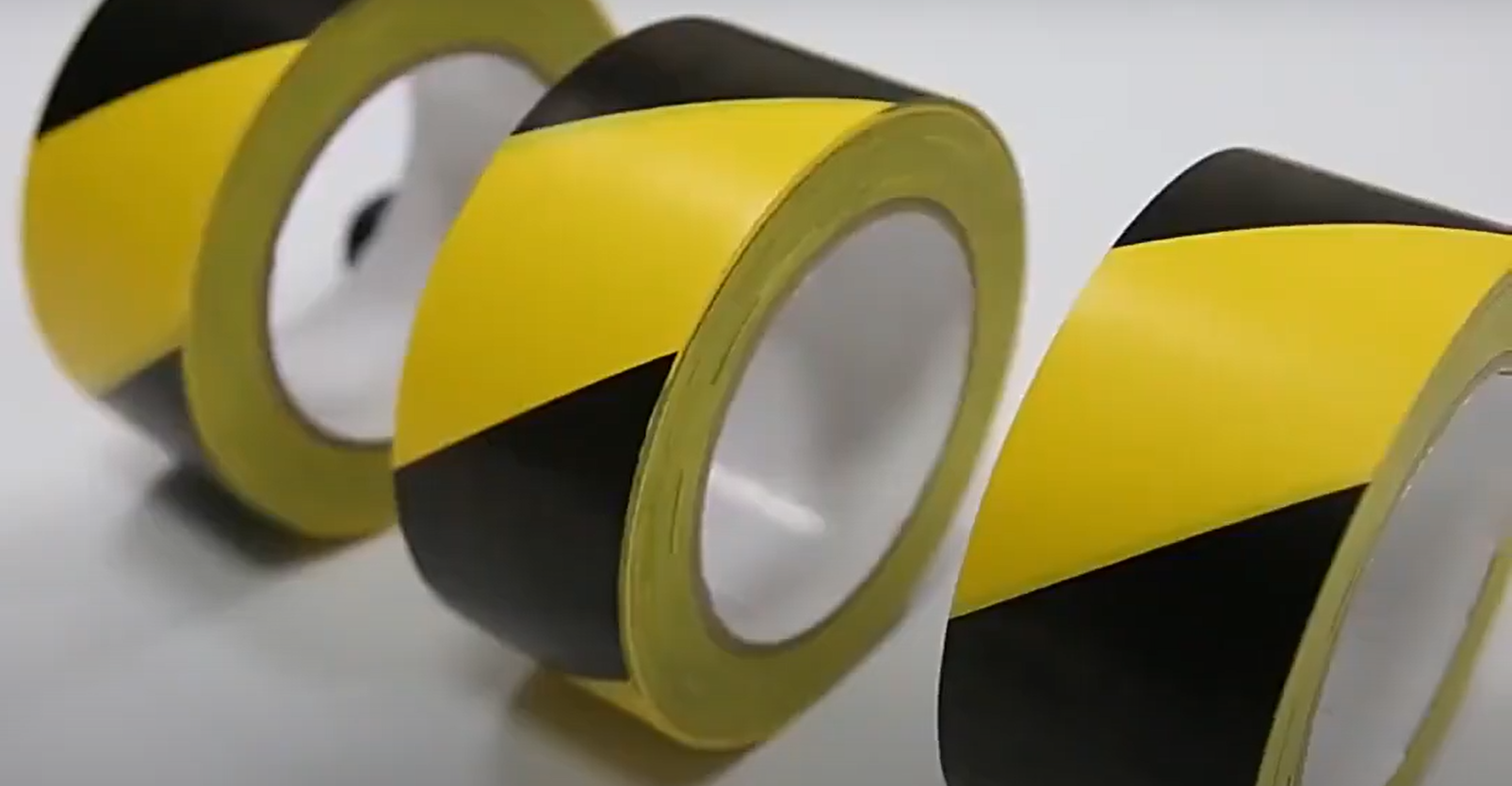
This type of tape is perfect for wrapping around wiring connections because it’s stretchy and conforms to wires perfectly. It will also give you the most insulation when compared to other types, so if your application requires high voltage electrical protection make sure you use this!
Will electrical tape keep water out?
Another important question is whether or not electrical tape will keep water out. The answer to this question is a resounding no. Electrical tape will not keep water out in the least bit, and it should never be used as a replacement for waterproofing materials such as rubber or plastic.
The best use of electrical tape would probably be when you need an extra layer of protection from other substances that might damage your equipment. For example, if you are using electrical tape to hold down some wires that have been exposed then it may provide an added level of security against moisture seeping into those open areas between soil and wire. However, even in these situations, we recommend a more permanent solution like covering with insulation tubing because at the end of the day there’s only so much temporary reliability afforded by something meant for wiring applications instead of being subjected to the rigors of gardening.
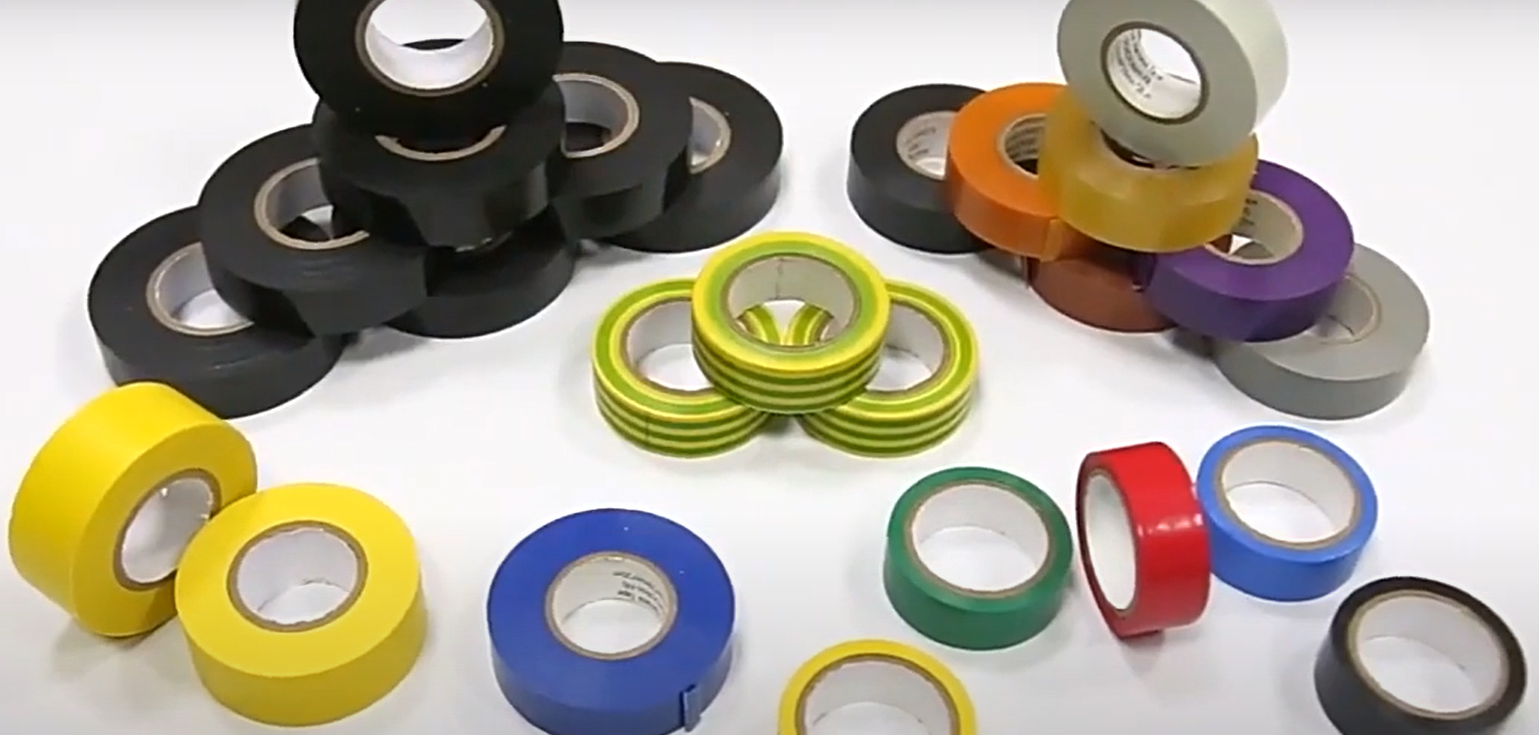
The use cases for electrical tape are limited and provide only a temporary level of protection against water or other substances leaking into your equipment. If you need something that can be relied upon to keep moisture out then look at more permanent solutions like waterproofing with rubber, plastic, etc.
FAQ
Is electrical tape good for outdoor use?
Yes. Electrical tape is made to be resistant to water and other outside elements, so it can definitely hold up in the outdoors! It’s also not just for electrical purposes; this versatile product has many uses that you may not have even thought of before. For example, did you know that electrical tape can help with repairing a leaky pipe or that it can help insulate an electrical wire?
Is tape waterproof if the package says “water-resistant”?
Some brands of tape are labeled as ‘water-resistant’ instead. However, even though this term is used to describe different types of protective materials, water resistance and waterproofness mean two very different things in this case. A water-resistant product can resist damage from exposure to moisture, but it still is not completely waterproof and will eventually absorb the liquid if left submerged.
Is duct tape or electrical tape more waterproof?
Neither. Duct tape and electrical tape are both made from waterproof materials, but neither of these products is completely resistant to water damage or moisture.
How long will electrical tape last outside?
Electrical tape can last a long time outdoors, but it will not hold up forever. The only way to ensure that your electrical tape will be waterproof for a prolonged period is if you use an outdoor-grade product.
What kind of tape can get wet?
Electrical tape and duct tape are both made from waterproof materials. However, you can still use these products if they get wet! For example, it’s safe to say that electrical or duct tape will hold up in light rain without being damaged.
Useful Video: How to waterproof electrical connection and joint|ELECTRECA
Final Thoughts
Electrical tape is a very useful tool to have around the house. It is not only good for electrical purposes but can be used as a temporary fix on many things.
Many people might wonder if the electrical tape is waterproof with all of its uses and benefits. In most cases, yes it will keep water out from what you are trying to cover up or protect, but it is not recommended to rely on the tape for a permanent fix.
When you are using electrical tape, just remember that it will work well in most cases and keep water out of areas where other tapes have failed or have been used before. However, if something important is being covered up with electrical tape, be sure to try another method or maybe even find another tape that can work better.
There are many different types of tapes that are waterproof, but each type has pros and cons depending on the project you’re working on. Some may be more durable in sunlight while others offer better adhesion to certain surfaces. Doing some research about your tape before purchasing will help prevent any issues or frustration later down the line when using your electrical tape!
I hope this helps! Please let me know if you have any questions or concerns about my posting today. Thank you for your time and I look forward to hearing from you soon.

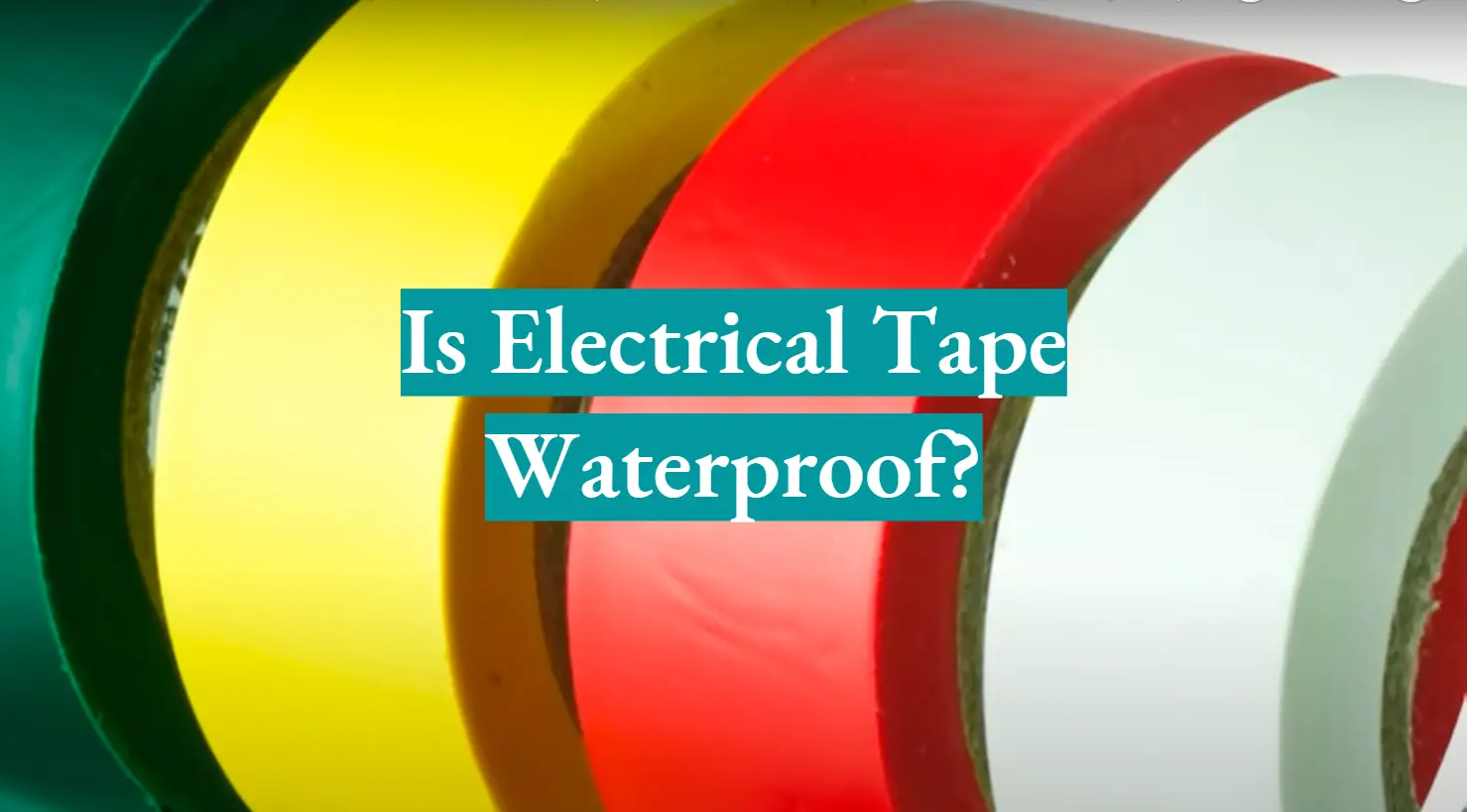
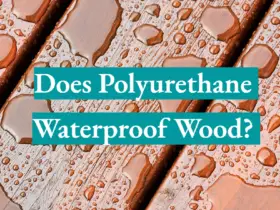
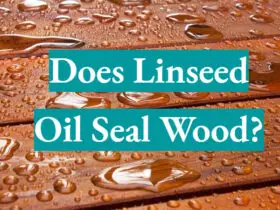
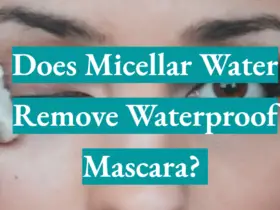
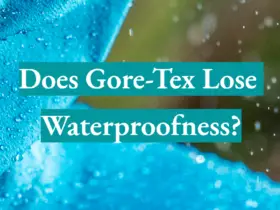
Leave a Reply